Book Review: Other People’s Children by R.J. Hoffmann
I’ll admit to requesting this book because of the title alone: Other People’s Children by R.J. Hoffmann seemed liked the type of catty novel that describes the judgements we make about how people raise their kids ( we all do it!). So imagine my surprise when this book is anything but catty, when it turns out to be one of the most empathetic and nuanced stories I’ve come across in awhile. There are stereotyped characters, but they aren’t treated as such. Instead, we are forced to consider ‘what if we didn’t treat them as the stereotype they appear to be?’ What if we gave people the benefit of the doubt? This book pushes back against our society’s obsession with perfection, and in the process, becomes an un-putdownable story that I raced through in a few days. It’s highly recommended for those looking for a little sentimentality in their life right now.
Plot Summary
Gail and Jon Durbin have been struggling to have a child for years. They have a financially-stable, healthy home filled with love, just waiting for a baby to complete their life, but after a few miscarriages they decide to apply for domestic adoption instead. Finally, Carli, a pregnant teen who has ambitions of going to college decides the Durbins are the best parents for her child, so she agrees to give up her daughter Maya (as named by Jon and Gail) as soon as she is born. Marla, Carli’s mother, who struggled as a single mother herself, spent most of her kids’ younger lives working multiple jobs to keep them fed, so she convinces Carli that she’s made a mistake, and threatens to kick her out of the house if she gives up Maya. Carli hasn’t signed the final piece of paperwork to make the adoption official so she asks for Maya back, and Gail and Jon are understandably devastated. The plot takes a pretty sharp turn after this, but it all remains believable and heartbreaking. My allegiances to each character swung wildly back and forth, but I was shocked at how quickly I read this book, I couldn’t put it down.
My Thoughts
Putting a child up for adoption, losing multiple babies to miscarriage, slogging one’s way through single motherhood after years of abuse, it’s all tragic, and what’s worse is that it’s all too common. This book deals with the struggles of so many, yet it’s focus on this particular tangle of lives personalizes these statistics in a way I wasn’t expecting. One of the ways it did this so effectively was it’s rotating perspectives; we hear from Jon, Gail, Marla, Carli and their social worker Paige. When you are placed in the shoes of another person, it becomes almost impossible to judge them because you learn their reasoning behind doing things, even terrible things. I’m sure my description of Marla immediately made you recoil, and although she absolutely does things I abhor and condemn in this book, I also sort of….get it? The brutal conditions of her younger life has shaped her future, and although that doesn’t excuse her behavior I still understand it. Gail is a character I identified more closely with, her obsession with making lists was odd, but again understandable. Paige is the most unknowable out of everyone, but towards the very end we get a glimpse into her own experiences of motherhood which sheds yet another perspective on Marla’s actions. Carli is arguably the least developed character of the bunch, but I think this is because she’s still working on who she is, and wants to become.
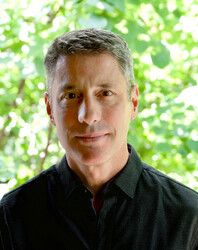
This doesn’t happen to me often when I read, but one particular passage made me cry. Perhaps because the pandemic still rages on here in Canada I am feeling more sensitive than usual, but the exchange between Gail and her father below is what did it for me. It won’t come across as all that powerful because you need to understand what’s happening in the story at this point to feel its full effect, but here it is anyway:
Gail could hear her dad’s ragged breath. Although she’d never seen him cry, she thought that he might be crying now. “I know this is hard,” he whispered. “But you’re going to live with this the rest of your life.” He coughed, cleared his throat. “Feel the balance of it, Gail.”
That last line is in reference to their knife-sharpening skills, a family business that has been passed down between generations. Gail finds peace working knives on the grindstone, and this is what her father is pleading her to remember as she makes some rash decisions.
There is so much heartbreak in this book, but there is always a glimmer of hope too, even when things seem their worst. The plot twist was completely unexpected, and ramps this book up from a literary exploration of parenthood to an adrenaline-filled ride of suspense. Another surprising element is the fact that this book is written by a man. That alone isn’t a shock, but the majority of the characters are female, and most of them mothers, and the depiction of mothering, and its various states are so spot-on here. Hoffmann clearly did his research, whatever that entailed. For those struggling with infertility issues, you will want to take a pass on this one (it will most certainly act as a trigger), but for everyone else, this is a highly recommended read!

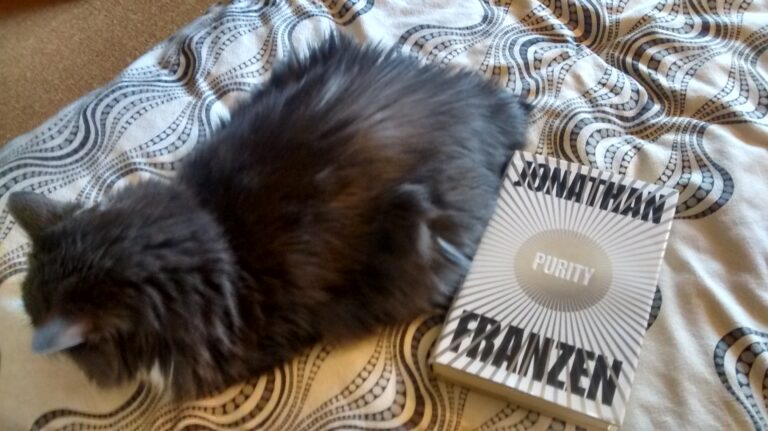
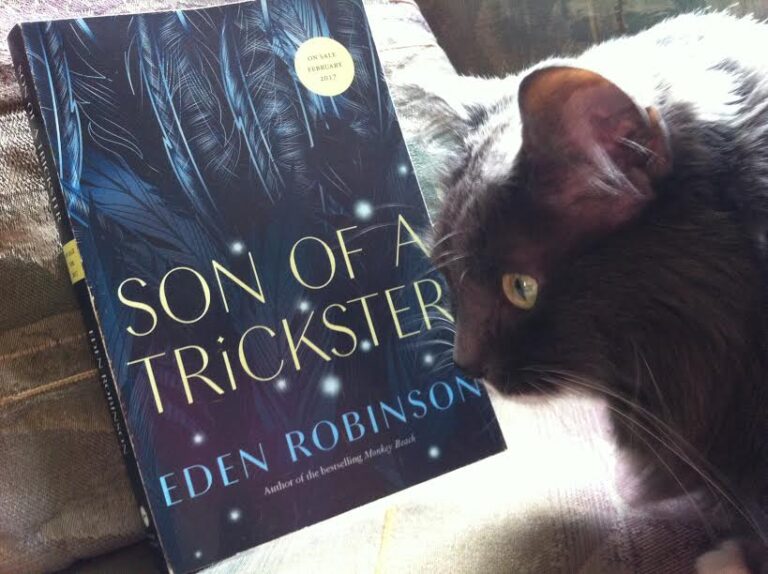
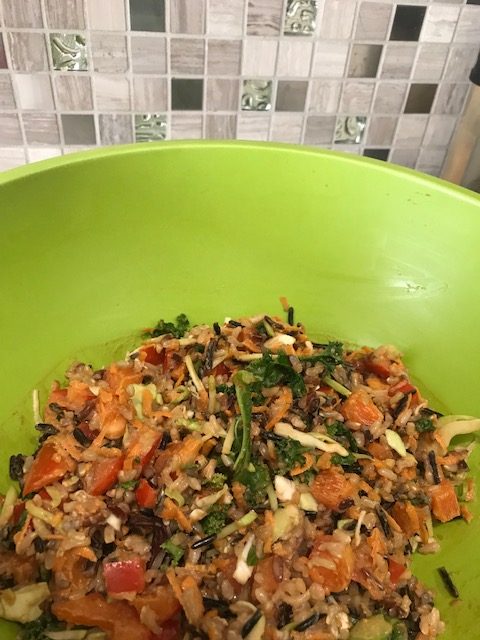
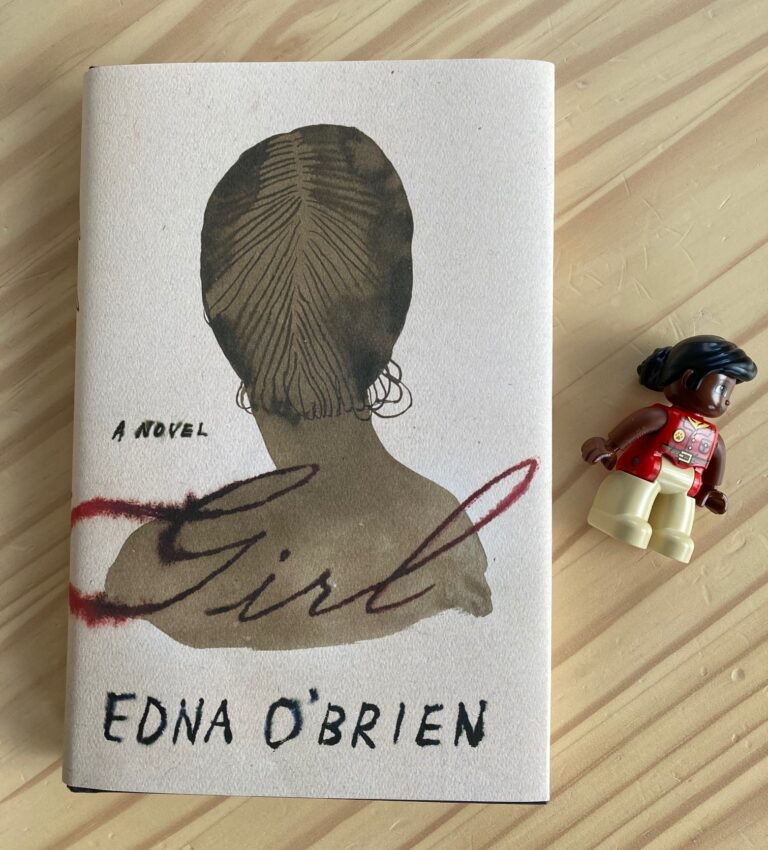
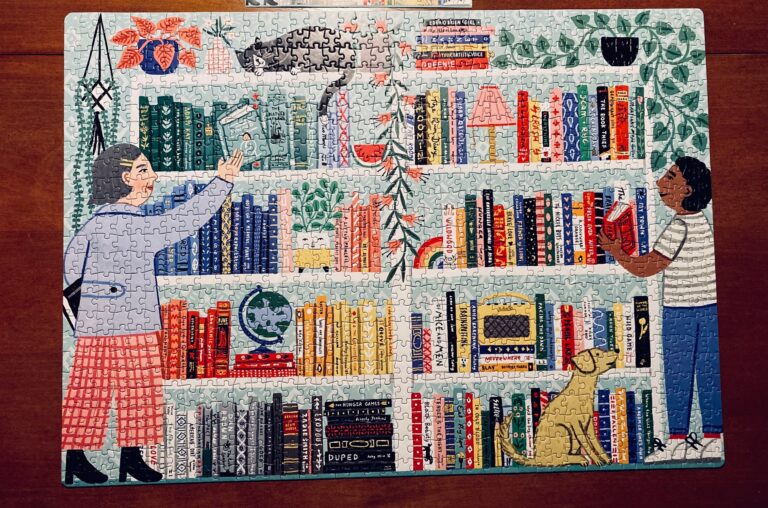
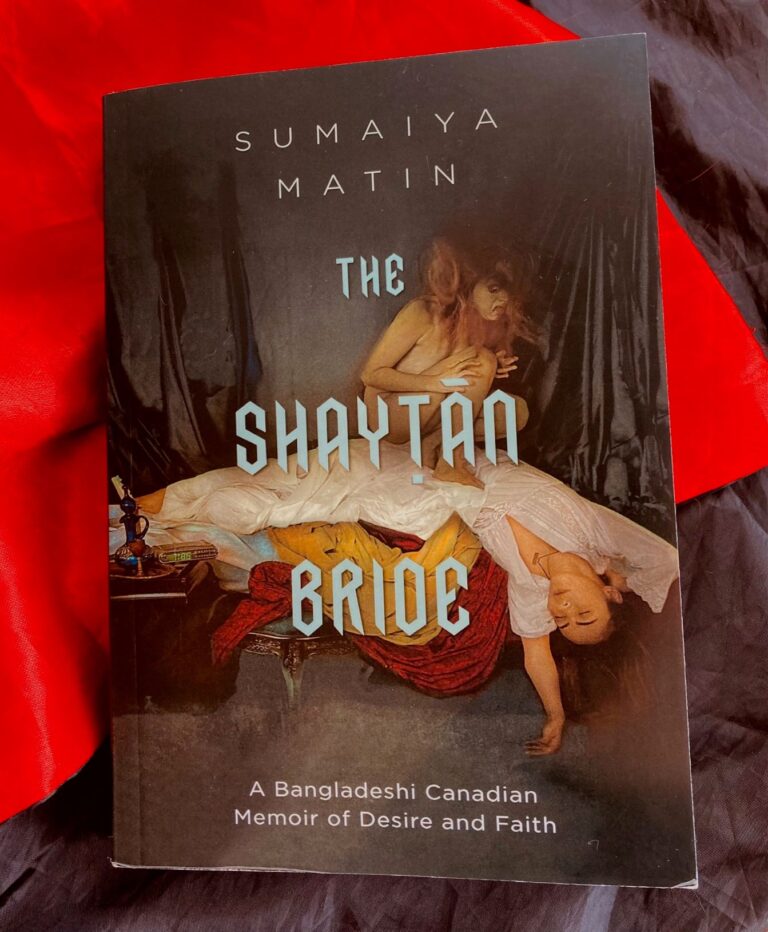
Oooh, you got me. This one sounds interesting. How horrible to think the pregnant woman’s mother got involved like that instead of minding her own business. Also, I wonder if the grandmother asks if she can adopt the baby, or if she’s basically punishing her daughter by saying, “keep this baby or else.”
I was also going to comment about the author being a man after I saw his image you included. What kept me from pondering too hard is the way men are more involved with pregnancy and infertility treatments and the emotions that go with that. You see more men speaking out in the news (Anthony Mason, a reporter on CBS This Morning stands out) about the heartbreak of losing a pregnancy.
I actually didn’t even notice the author was a man until I finished reading it! It was one of those ‘huh, ok’, and that’s about it. Still, his depictions of motherhood seemed so authentic, I think that’s a sign of a really good writer :)
Oh, this sounds harrowing. I can’t imagine being in the place of any of these people. And, when it comes to adoption, you just never know who’s going to feel strongly about what.
Three of my siblings are adopted. When my sister got pregnant at 17 my parents encouraged her to look into putting her baby up for adoption herself. They didn’t pressure her… They just wanted her to be aware of all her options. In case you’re wondering, she kept her baby, we all spoiled him rotten, and he’s now in his mid-twenties. :)
Oh wow! Yes there is never an easy answer, it’s never black and white. the ‘right thing to do’ is different for everyone. It sounds like it was a happy ending for your family after all, which is all that matters in the end I suppose. No doubt your sister is one tough gal though!
She *is* tough, actually, although I don’t think of her that way because she’s also bubbly and chatty and funny. But she’s had lots of tough situations she’s had to face and gets through them all gracefully. :)
I was surprised to see that the author was a man too. I certainly think a man could write well about all of these issues but it’s still pretty rare to see a male author interested enough to explore all of this in a novel, especially through the lens of female characters.
exactly! And this is his first book too, which I found all the more shocking considering the topic
I’m curious how/why he came to choose the topic!
It’s all such a complicated subject now, adoption. Back in the days when the mother gave up her child at the moment of birth and never knew who it was given to, it was certainly a harsher system, but maybe a cleaner separation? I’m not sure I’d want to adopt now – too uncertain, and there’s no way you could avoid becoming emotionally attached before all the papers have been signed…
Yah I know what you mean FF. The idea of open adoptions are a scary one for sure. My dad was adopted, and he never wanted to know his birth parents, and that’s it. The end of the story. The only downside is not knowing health history I suppose…
That’s interesting! I have a cousin who was adopted as a baby too and she’s never been interested in finding out about her birth mother either.
It’s interesting that you think people dealing with this issue IRL might want to steer clear of the novel; I do see that possibility and I know that I’ve had that kind of response to some themes on occasion, too, but I also tend to look to stories and novels for “answers” and “solutions” and I want to see all the complications of something when I’m struggling to sort out something hard…this was even more true when I was younger, but I still look to stories for insight and comfort and all sorts of things.
Yup that’s a good point. I suppose because it’s fiction, I wouldn’t recommend they read something like this first-read what the experts have to say in the non-fiction world, and then approach fiction like this with caution! haha